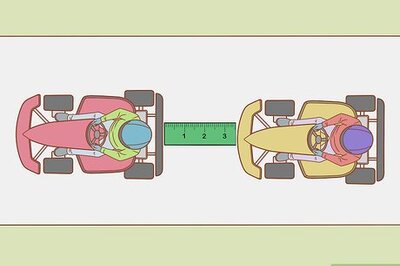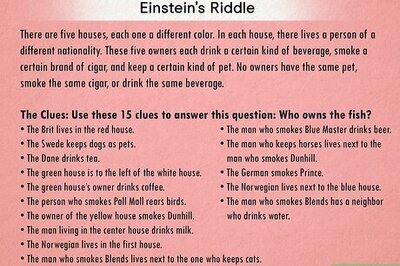
views
London: Non-violent video games which capitalise on engaging storytelling have pro-social benefits that could ultimately be helpful to clinical disorders such as autism, says a study.
"The motivation to engage in and enjoy video games corresponds with principles that apply to human motivation in general," said lead researcher Daniel Bormann from University of Freiburg, Germany.
To test the role of in-game storytelling, the researchers randomly assigned participants to play one of two video games.
In the first game Gone Home, the player slips into the role of a female American college student, arriving home after a year abroad.
The player comes upon an empty house and has to use various clues to figure out what happened to her missing family members.
For the control condition, the game was against the Wall, in which the player has to climb up an infinite wall by interacting with the bricks, in surreal but human-made surroundings.
Apart from a brief description of the environment and goals, the game provided no narrative elements.
For the game rich in storytelling (Gone Home), researchers provided one group of participants the game developers' instructions and provided a second group of participants instructions to register, memorise, and evaluate various properties of the game.
After 20 minutes of gameplay, all participants completed a task in which they assessed facially expressed emotions.
The researchers found that narrative game elements contributed to a more immersive video game experience.
They also found that being immersed in a game's story supports players in perceiving opportunities for meaningful choices and relationships.
"The results suggest that in-game storytelling contributes to a more immersive and satisfying video game experience while also fostering skills that are useful to players on a day-to-day basis," Bormann said.
The researchers feel that long-term work on narration in video games could yield promising opportunities.
"If further research could reveal how exactly in-game storytelling affects theory of mind, clinicians and software developers could utilise this knowledge to develop tools to aid the treatment of disorders characterised by social-interaction impairments, like autistic disorders," Bormann concluded.
The study was published in Social Psychological and Personality Science.



















Comments
0 comment